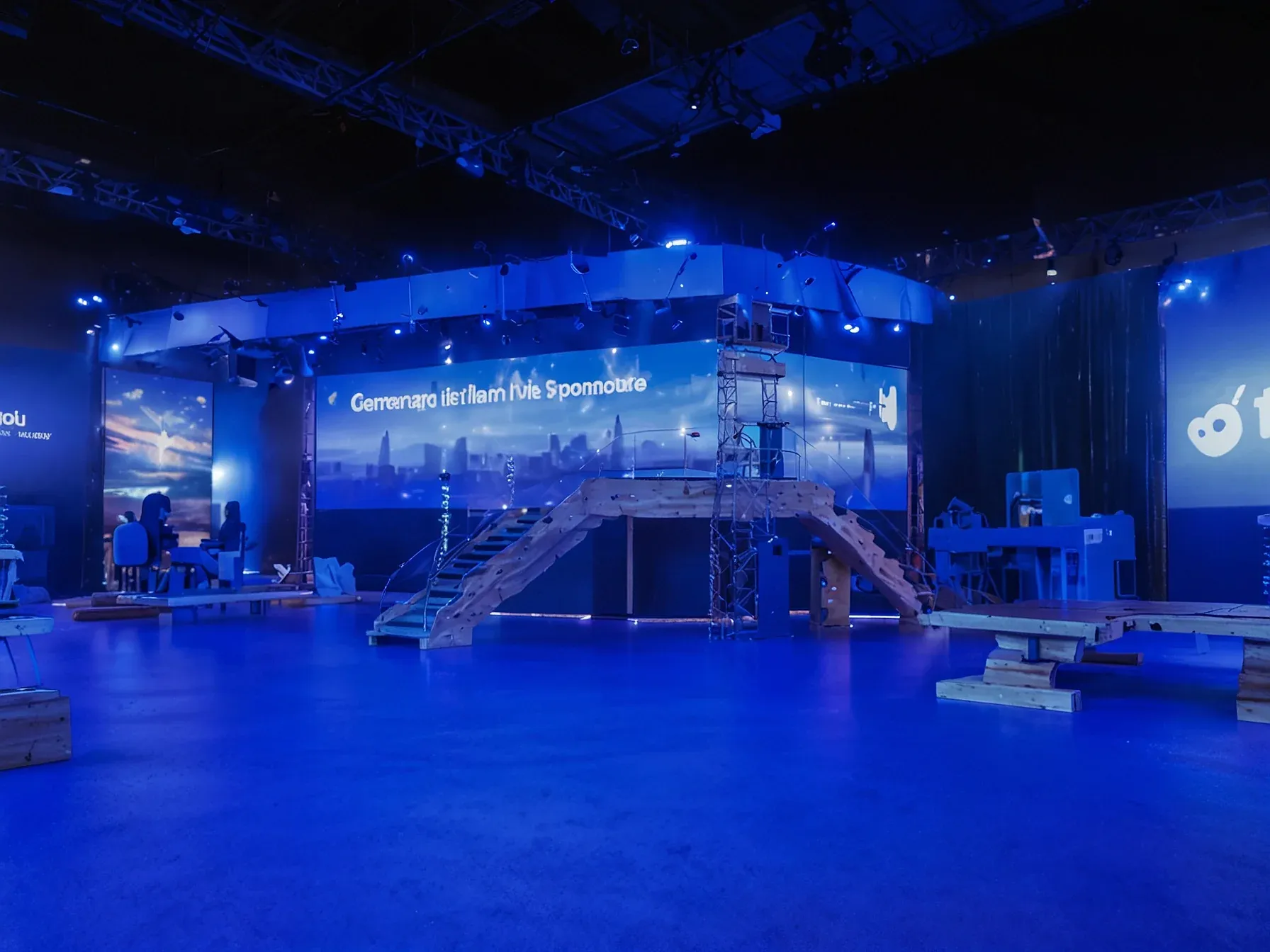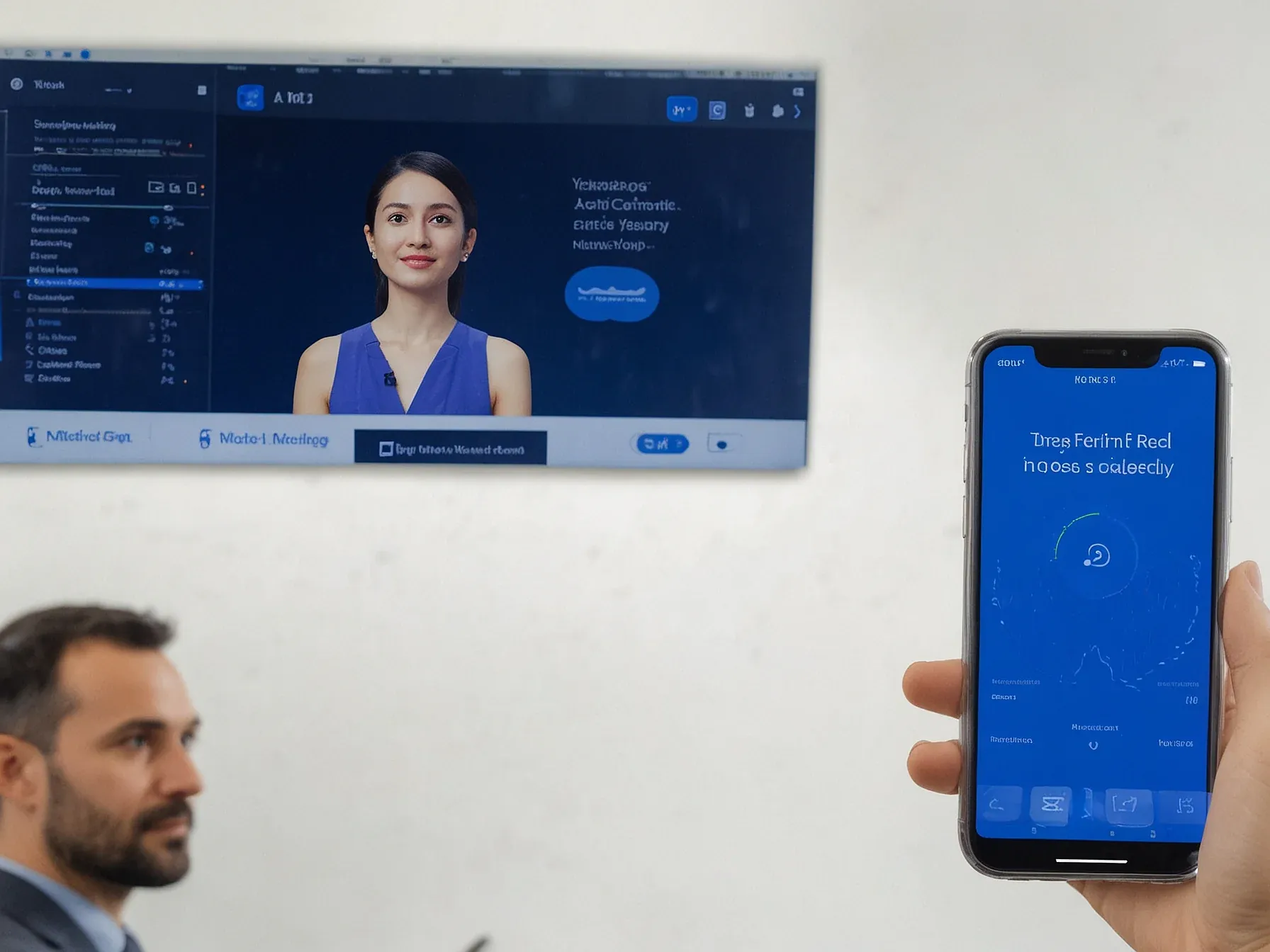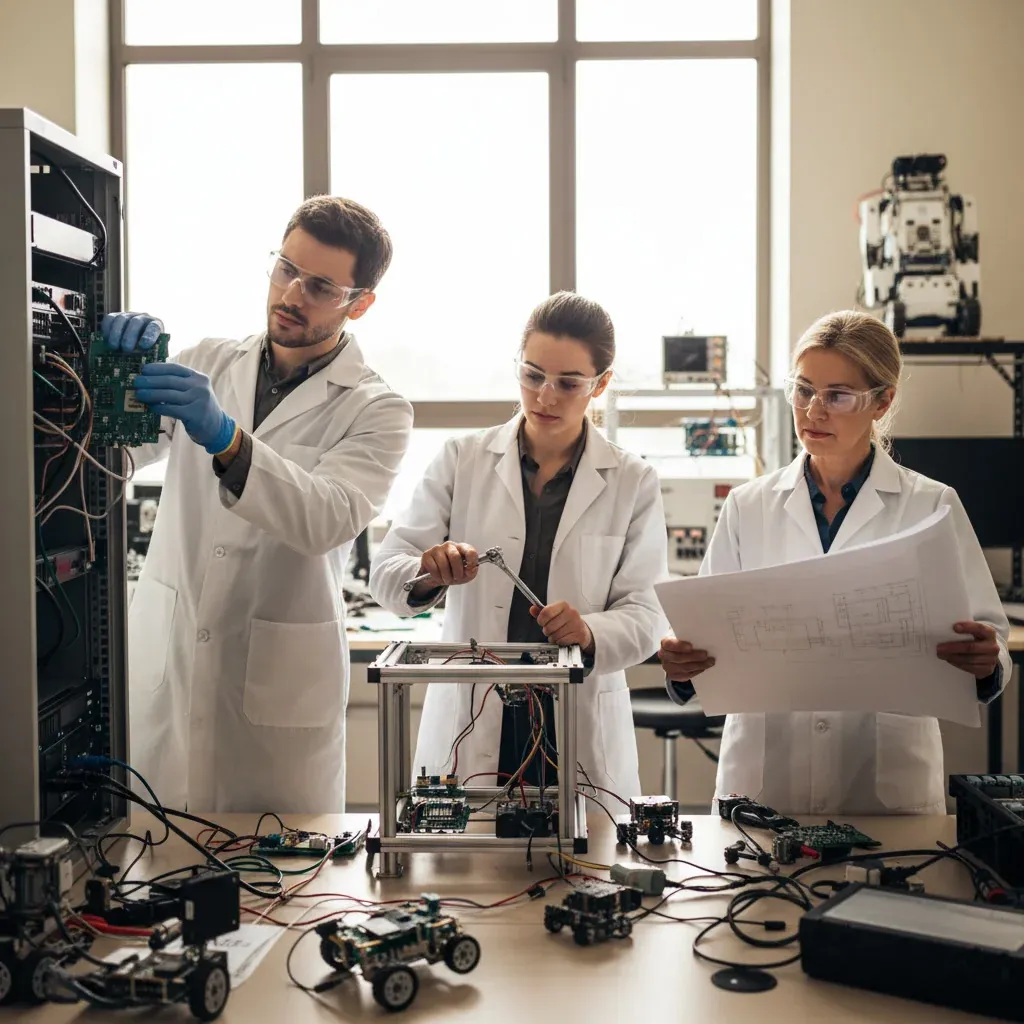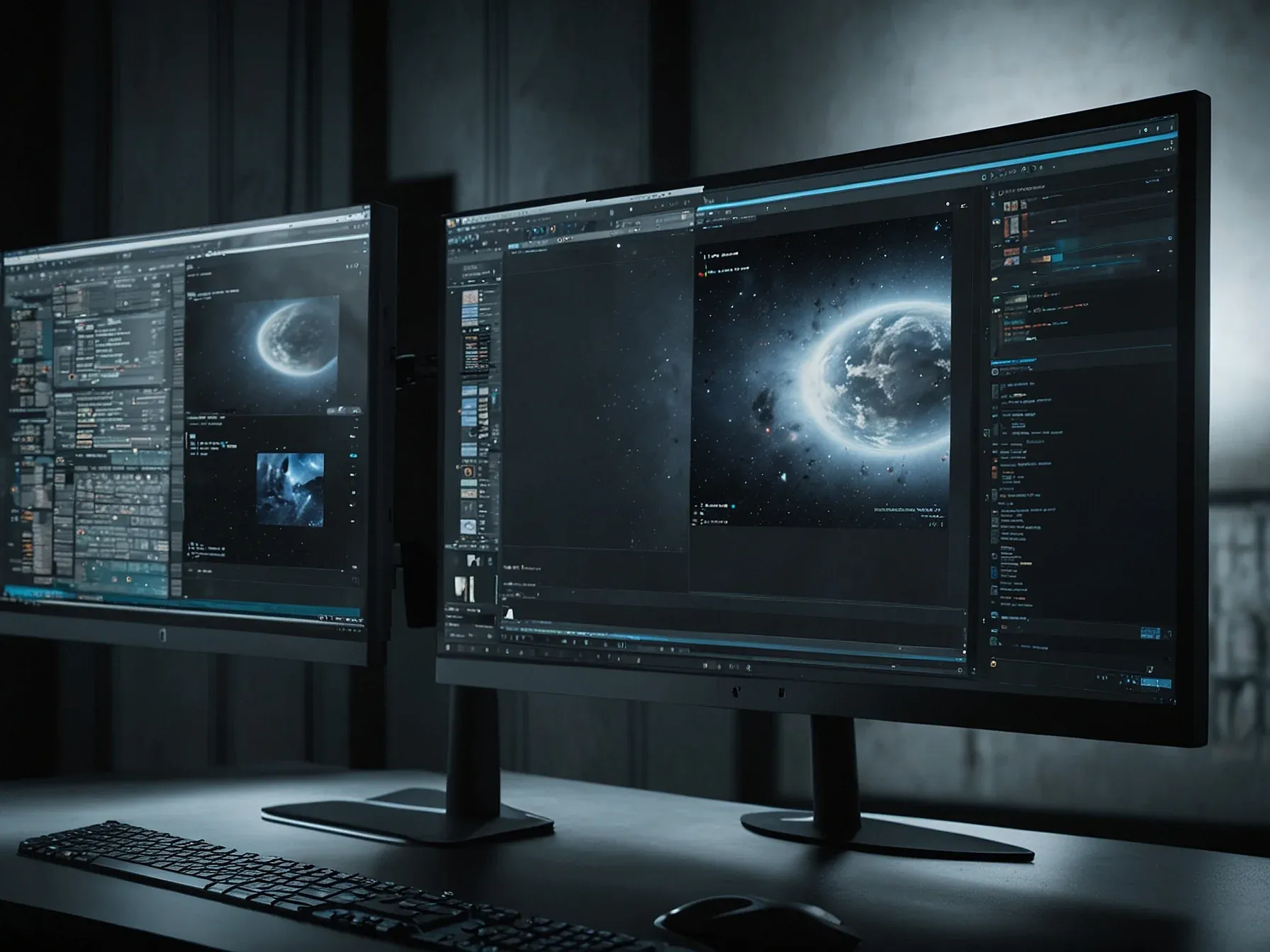
Editorial illustration for Expedia Unleashes GenAI: 6,000 Employees Build 1,500 AI Agents for Productivity
Expedia's GenAI Playground Transforms Travel Tech Strategy
Expedia Boosts Partner Insights and Internal Productivity via GenAI Playground
Travel tech is getting a serious AI upgrade. Expedia has quietly launched an ambitious internal transformation, turning generative AI into a company-wide productivity tool.
The digital travel giant isn't just experimenting, they're going all-in on artificial intelligence. By empowering their entire workforce with modern AI capabilities, Expedia is reimagining how technology can simplify complex travel booking and partner interactions.
Across the company, something remarkable is happening. Employees are building custom AI agents at an unusual pace, creating a digital workforce that could fundamentally change how travel services operate. With 6,000 staff members now actively engaging AI tools, Expedia is signaling a bold strategic shift.
But this isn't about replacing humans. It's about augmenting their capabilities, giving workers intelligent assistants that can handle increasingly sophisticated tasks. The result? A potential revolution in how travel companies use artificial intelligence to solve real-world challenges.
Next comes powering hotel and advertiser partners with smarter insights, followed by boosting internal productivity through a GenAI playground used by 6,000 employees who have built 1,500 agents. Expedia uses models from OpenAI, Anthropic and Google and is also integrated with ChatGPT, allowing users to discover trip options and refine preferences. According to Thumu, coding assistants are translating into real productivity gains across teams.
We are seeing 15-30% improvement in cycle time. Thumu mentioned that roughly 100 engineers across Expedia Group contributed to agentic AI initiatives worldwide, working with global product leads. Expedia also has AI squads inside departments like finance, legal and market management to automate routine tasks and make everyday work easier and faster for teams.
In customer support, more than half the issues are handled by Expedia Group's virtual agents, CFO Scott Schenkel had said previously. The company is also using AI to generate quick summaries for human agents, helping lower the cost of each service interaction.
Expedia's GenAI experiment looks promising, but pragmatic. The company has transformed its internal workflow by empowering 6,000 employees to build 1,500 AI agents, suggesting a bottom-up approach to technological idea.
Productivity gains are already measurable, with coding assistants delivering a notable 15-30% improvement in cycle time. This isn't just theoretical potential - it's tangible workplace transformation.
By using models from OpenAI, Anthropic, and Google, Expedia isn't betting on a single AI solution. The multi-model strategy hints at a sophisticated technological approach, integrating different AI capabilities to maximize utility.
The next frontier appears to be extending these AI insights to hotel and advertiser partners. This could mean smarter, more responsive travel recommendations and more efficient business relationships.
ChatGPT integration offers another interesting angle, potentially allowing travelers to discover and refine trip options more simplely. Still, the real story is how Expedia is turning AI from a buzzword into a practical productivity tool.
Further Reading
- Expedia pursues agentic, generative AI with caution - CIO Dive
- Expedia builds an AI agent playground for staff - Everything AI in Travel
- Expedia Group Expands B2B Platform and Launches GenAI Partnerships - Expedia Group Newsroom
- Expedia Group Sets the Standard with AI-Powered Service Agent - Expedia Group Newsroom
Common Questions Answered
How many AI agents have Expedia's 6,000 employees built internally?
Expedia employees have collectively built 1,500 AI agents across the company as part of their generative AI transformation initiative. These agents are designed to enhance productivity and streamline various workflows within the organization.
What productivity improvements have Expedia seen from their AI coding assistants?
Expedia has observed significant productivity gains from their AI coding assistants, with teams experiencing a 15-30% improvement in cycle time. This tangible benefit demonstrates the practical impact of generative AI on workplace efficiency.
Which AI model providers is Expedia currently using in their GenAI strategy?
Expedia is leveraging AI models from multiple providers, including OpenAI, Anthropic, and Google. The company has also integrated ChatGPT to help users discover trip options and refine their travel preferences.




